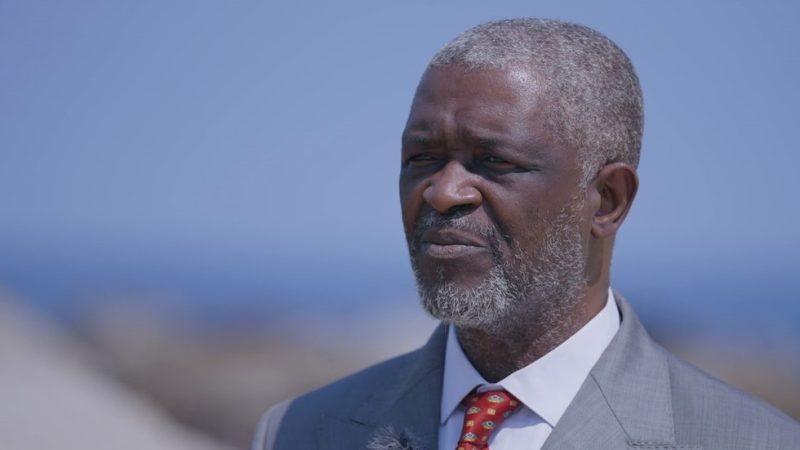
Roland Lumumba, son of the iconic Patrice Lumumba, recently made a stark assertion: the chains of slavery may have changed, but they haven’t been broken. In an interview, he argued that neocolonialism continues to grip Africa, perpetuating a cycle of dependence and exploitation. This isn’t a claim to be dismissed lightly; it speaks to a complex and deeply rooted issue that demands our attention.
Lumumba’s argument centers on the enduring impact of Western influence. He points to crippling debt burdens, rampant corruption often facilitated by external actors, and the persistent control exerted by Western powers over African economies and resources. This isn’t simply a matter of historical grievance; it’s a critique of the current global economic system and its inherent inequalities.
The legacy of colonialism is undeniably visible in many African nations. Decades of exploitative practices have left behind fragile infrastructure, underdeveloped industries, and a dependence on foreign aid that often comes with strings attached. This dependence hinders self-sufficiency and perpetuates a system where African nations struggle to escape the shadow of their colonial past.
However, it’s crucial to avoid generalizations. Africa is a continent of immense diversity, and the experiences of individual nations vary greatly. While some continue to grapple with the lingering effects of colonialism, others are forging their own paths to development and self-determination. Lumumba’s comments shouldn’t be interpreted as a blanket statement about the entire continent, but rather as a critical analysis of systemic issues that hinder progress in many areas.
The conversation sparked by Lumumba’s statement is vital. It forces us to confront uncomfortable truths about global power dynamics and the continuing impact of historical injustices. It’s a call for a more equitable and just world, one where African nations can truly determine their own destinies, free from the shackles – albeit subtly different ones – of neocolonialism.










